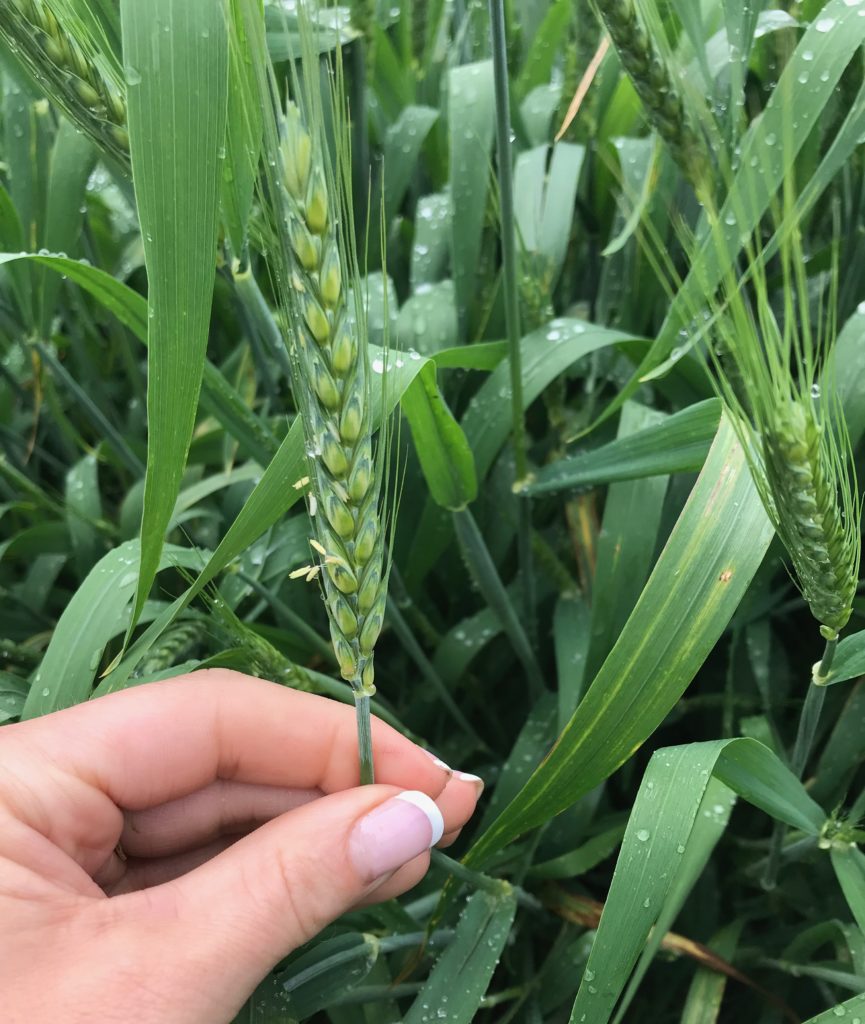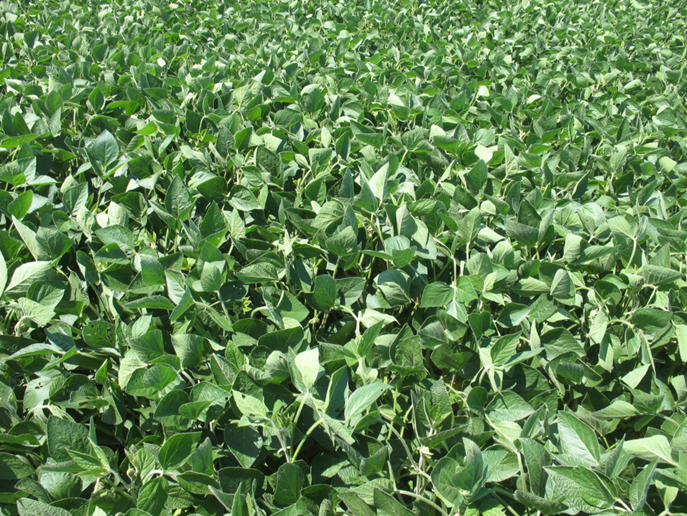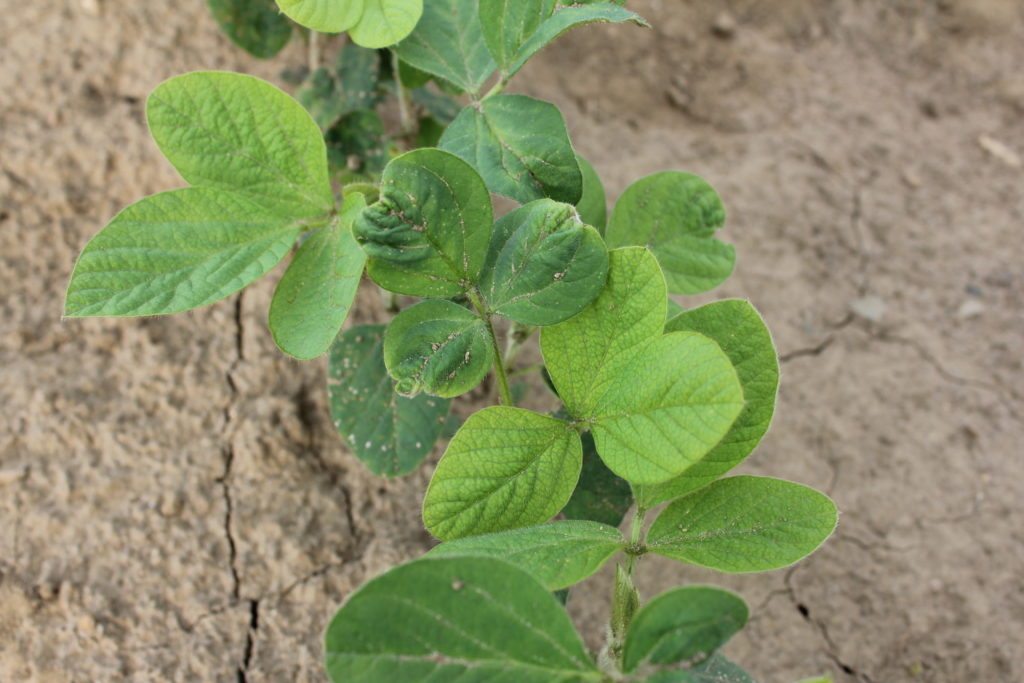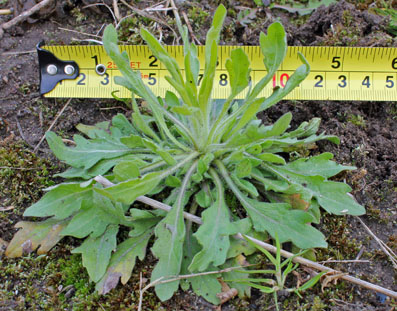Ridgetown-Simcoe Agribusiness Breakfast Meeting Minutes – June 2, 2020

About 70 people joined the call for the 5th Ridgetown-Simcoe Breakfast Meeting. The next meeting on June 16th will be the last call for this region. Most of the corn and soybean planting has been wrapped up in the area. However, on heavier textured soils in Chatham-Kent, Niagara and Haldimand there still remains anywhere from […]








